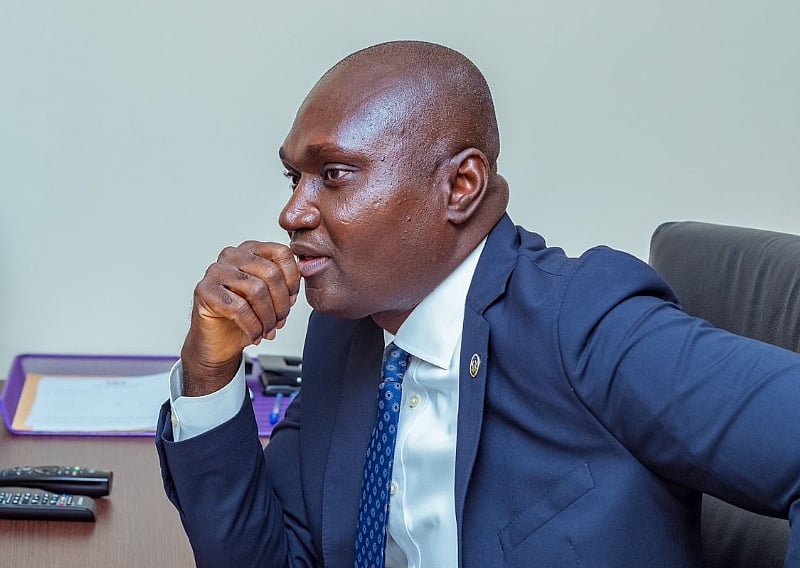The selection of Dr. Mahamudu Bawumia’s running mate for the 2024 general elections has sparked controversy and conflicting narratives within Ghana’s political landscape. Former New Patriotic Party (NPP) member, Dr. Nyaho Nyaho-Tamakloe, alleged that Dr. Bawumia’s choice, Dr. Matthew Opoku-Prempeh, popularly known as Napo, was not entirely his own, claiming that influential figures within the NPP exerted pressure and restricted Bawumia’s autonomy in the selection process. This assertion, made months before the official announcement, ignited debate and fueled speculation regarding the internal dynamics of the NPP and the power plays surrounding the vice-presidential candidacy.
Challenging Dr. Nyaho-Tamakloe’s claim, Ambassador Charles Owiredu, the Member of Parliament for Abirem and former Ghana High Commissioner to South Africa, vehemently denied any external influence on Dr. Bawumia’s decision. Owiredu argued that Nyaho-Tamakloe’s detachment from the party’s inner workings rendered his claims baseless. He highlighted Nyaho-Tamakloe’s absence from key decision-making platforms like the National Executive Committee and National Council meetings, suggesting that this lack of involvement disqualified him from offering informed opinions on internal party affairs. Owiredu’s rebuttal aimed to portray Nyaho-Tamakloe’s statement as speculative and uninformed, thereby defending the integrity of Bawumia’s selection process.
Ambassador Owiredu further solidified his unwavering support for Dr. Bawumia’s leadership, emphasizing his commitment to backing Bawumia’s candidacy regardless of his future running mate choices, even if it were to be Napo again in 2028. This declaration served to reinforce Bawumia’s position within the party and project an image of unity and unwavering loyalty within his support base. Owiredu’s strong endorsement aimed to quell any doubts about his allegiance and to present a united front amidst the controversy surrounding the running mate selection.
The contrasting perspectives of Dr. Nyaho-Tamakloe and Ambassador Owiredu highlight the complexities and potential tensions within the NPP, particularly surrounding the processes of leadership selection and internal power dynamics. Nyaho-Tamakloe’s allegation, while unsubstantiated, raises questions about the potential influence of powerful figures within the party and the extent to which individual autonomy is exercised in such crucial decisions. Owiredu’s counterargument, emphasizing Nyaho-Tamakloe’s detachment from party affairs, seeks to discredit the allegation and reaffirm the perceived transparency of Bawumia’s selection process.
This internal disagreement within the NPP, even if played out in the public arena, is not uncommon in political parties. The differing interpretations and narratives surrounding the selection of a running mate reveal the inherent competition and maneuvering that often accompany such crucial decisions. The controversy, however, underscores the need for transparency and clear communication within the party to address any potential concerns and maintain a unified front, particularly as the NPP prepares for future elections.
The scheduled NPP flagbearer election in January 2026 for the 2028 general elections adds another layer of complexity to the evolving political landscape. This impending election will undoubtedly generate further discussions and potential realignments within the party as various factions and individuals position themselves for leadership roles. The unfolding events and narratives surrounding both the 2024 running mate selection and the upcoming flagbearer election will continue to shape the dynamics within the NPP and influence the broader political landscape in Ghana.


